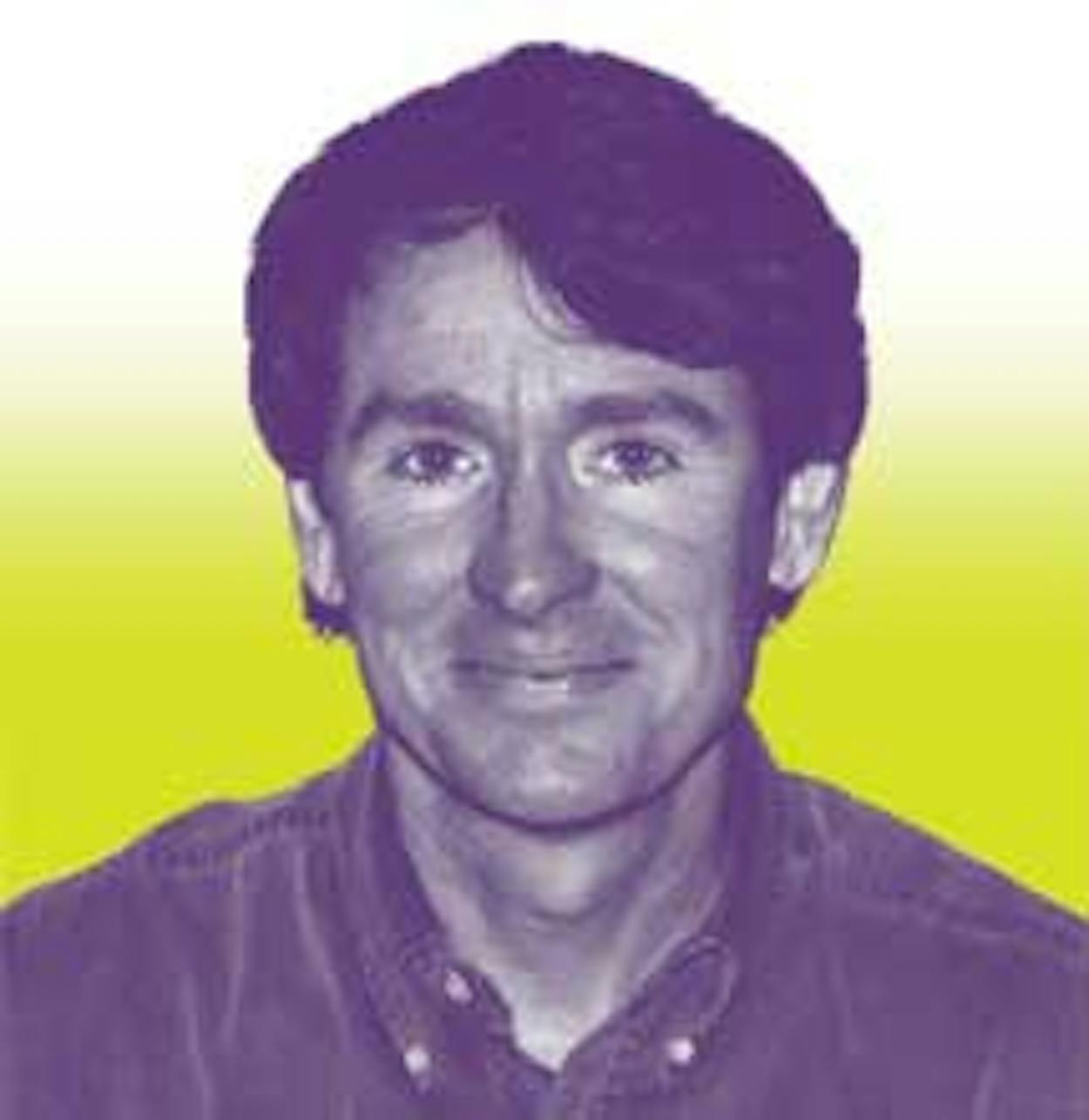An overnight success at the halfway point in his life—but better late than never, especially when the payoff is an apt comparison to Graham Greene. Born in Chapel Hill, North Carolina, Fountain majored in English at the University of North Carolina and got a law degree from Duke University. He practiced real estate law at Akin Gump, in Dallas, until his wife, also a lawyer, made partner at Thompson and Knight and he could afford to stay home and write full-time. His short stories have won the O. Henry Prize and two Pushcart Prizes; his first collection, Brief Encounters With Che Guevara, called “exceptional” and “heart- breaking” by the New York Times, won the 2007 Hemingway Foundation/PEN Award. In 2007 he was one of ten “emerging writers” to win the prestigious Whiting Writers’ Award, which comes with a $50,000 prize. His first published novel, The Texas Itch, set in Dallas, will be out in early 2009.
A Web Exclusive Interview
Your new novel, “The Texas Itch,” is a little more close to home. How much easier is it to write about your home in terms of research and imagination?
I assumed it would be easier, and that was a mistake. Pretty early in the process, I realized that I had to approach Texas as if it was a foreign country that I was coming to for the first time. I had to junk all the things I thought I knew about the place, otherwise the writing would have no chance of being any good.
How satisfying was it to receive the many accolades for “Brief Encounters with Che Guevara”?
I’d be lying if I said it wasn’t a pleasure, and all the more so for being unexpected. I thought I’d written a pretty decent book, but I figured it would get reviewed in a couple of newspapers, sell about eight hundred copies, and sink without a trace, and that would have been fine. All the good things that happened were a bonus. You can win every prize in the world, but it will still be as hard as ever to get the words on the page.
Though you’ve been compared to Graham Greene, you’ve said you’ve been more inspired by writers like Gabriel García Márquez. What do you admire most about Márquez?
The elasticity of his language, and how he can make it do so many things, contains so many shades of emotion and thought and experience. He respects the inexplicable nature of life, and has such a sure grasp of how the world works. And there’s tremendous joy in his work. Fiction doesn’t have to be depressing to be profound.
Do you ever expect to write about Haiti again?
Absolutely. All the things that drew me to Haiti in the first place—power, politics, race, mysticism, blood money, the sense that it’s the paradigm and boiling point for five hundred years of very complex history—all those things are still very much in play.
Do you have any interest in doing the same cultural and historical studies you did in “Brief Encounters” in another part of the world?
To me it’s as natural as breathing, to want to know how life is lived someplace other than where one lives. I want to know more, feel like I need to know more, and the only way I ever really learn something is if I write it.







